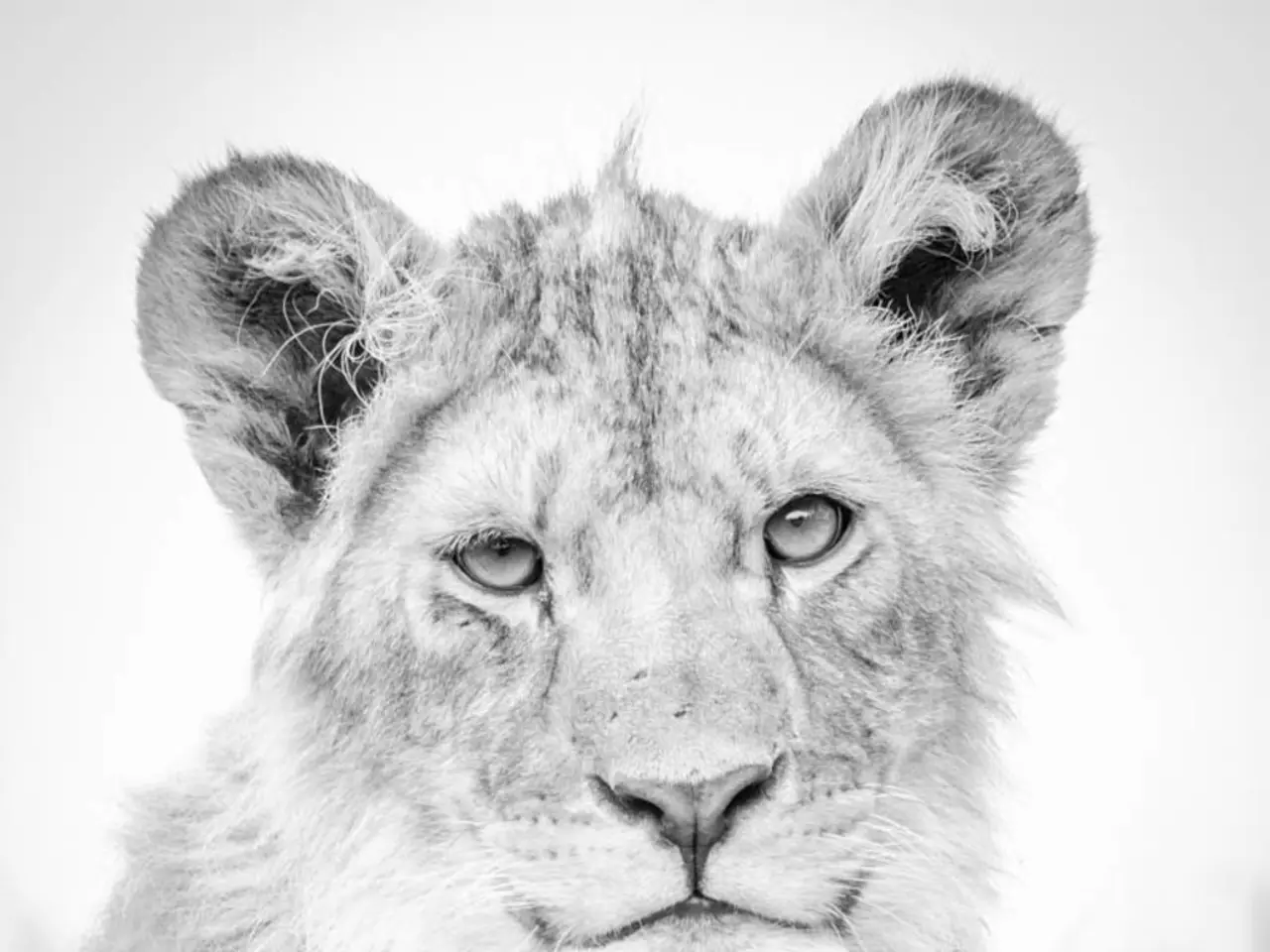Zoo Leipzig euthanizes three newborn tigers
In a tragic turn of events, Leipzig Zoo has euthanized three Amur tiger cubs just a few days after their birth. The mother tiger, Yushka, did not provide the necessary care for her offspring, leading to their weakened state and eventual demise.
The Zoo's Director, Jörg Junhold, explained that the euthanization was necessary to prevent the cubs from suffering. Veterinarian Andreas Bernhard confirmed that the cubs were euthanized to spare them the suffering of starvation, as they showed no active behavior and did not trigger a stimulus for care or milk production in the mother.
Yushka, who is inexperienced as a mother, turned away from her offspring a few hours after giving birth. This behaviour, while emotionally sad from a human perspective, is common in the animal kingdom.
The cubs became increasingly weak and chilled, a direct consequence of lacking maternal care. In the wild, tiger cubs rely heavily on their mother for warmth, feeding, and protection. Neglect drastically reduces their chances of survival to adulthood.
Common reasons for a tiger mother to neglect her cubs include stress, especially in captivity or unnatural environments, and environmental dangers signalling that the area is unsafe for raising offspring. In Yushka's case, her inexperience might have contributed to her inability to care for her cubs effectively.
The Zoo is committed to species-appropriate wildlife husbandry and did not consider hand-rearing the cubs as an option. Instead, the Zoo will continue its efforts to breed Amur tigers, with hopes that Yushka will make a natural contribution to the preservation of the Amur tiger species in the future.
This incident underscores the critical importance of natural, undisturbed habitat and minimal human interference for healthy tiger maternal behaviour and cub survival. Habitat loss, poisoning, and human-wildlife conflicts also indirectly affect maternal care and cub survival.
References:
- Common Reasons for Big Cat Mothers to Neglect Their Cubs
- Impacts of Human Activity on Big Cat Maternal Care and Cub Survival
- Euthanization of Tiger Cubs Due to Lack of Maternal Care
- Threats to Big Cat Habitats and Their Impact on Maternal Care
- Human-Wildlife Conflicts and Their Effects on Big Cat Populations
- In light of this incident, it's crucial to invest in education and research about the importance of natural habitats and minimal human interference for the welfare of big cats, including aspects like science, health-and-wellness, mental-health, and fitness-and-exercise.
- To prevent future cases of neglect and ensure the survival of cubs, focus should be placed on understanding the complexities of big cat maternal behavior and addressing common reasons such as stress, inexperience, and environmental factors, as outlined in references like 'Common Reasons for Big Cat Mothers to Neglect Their Cubs' and 'Threats to Big Cat Habitats and Their Impact on Maternal Care'.





